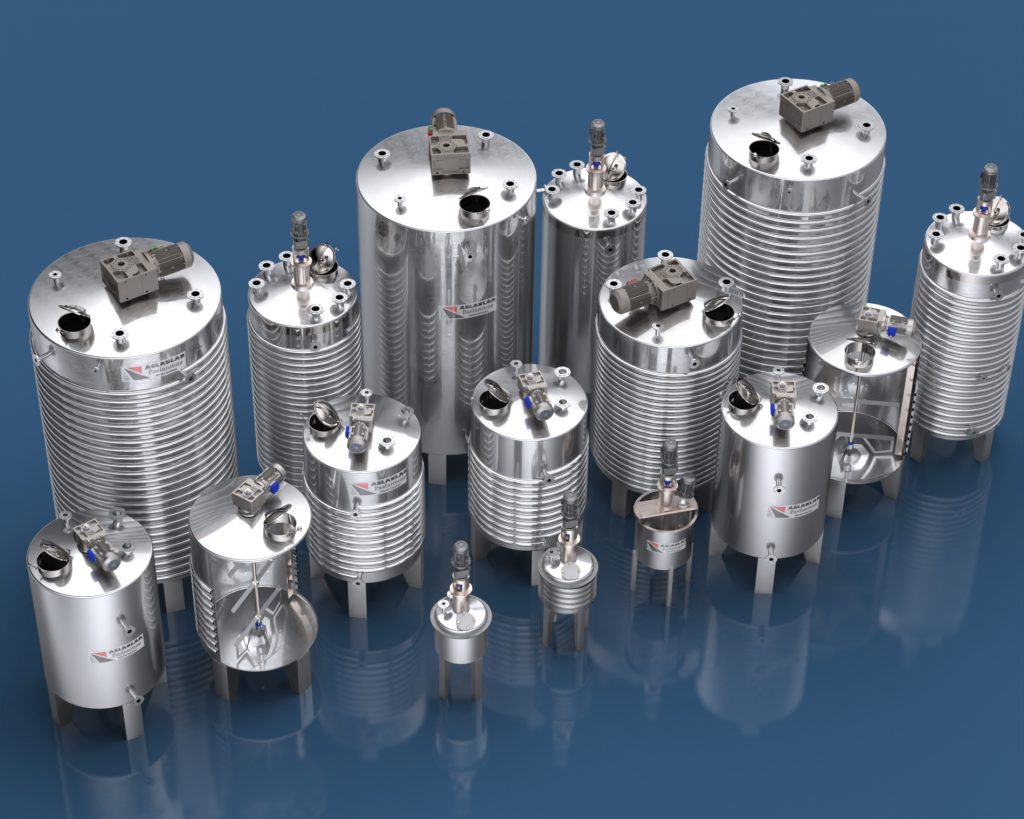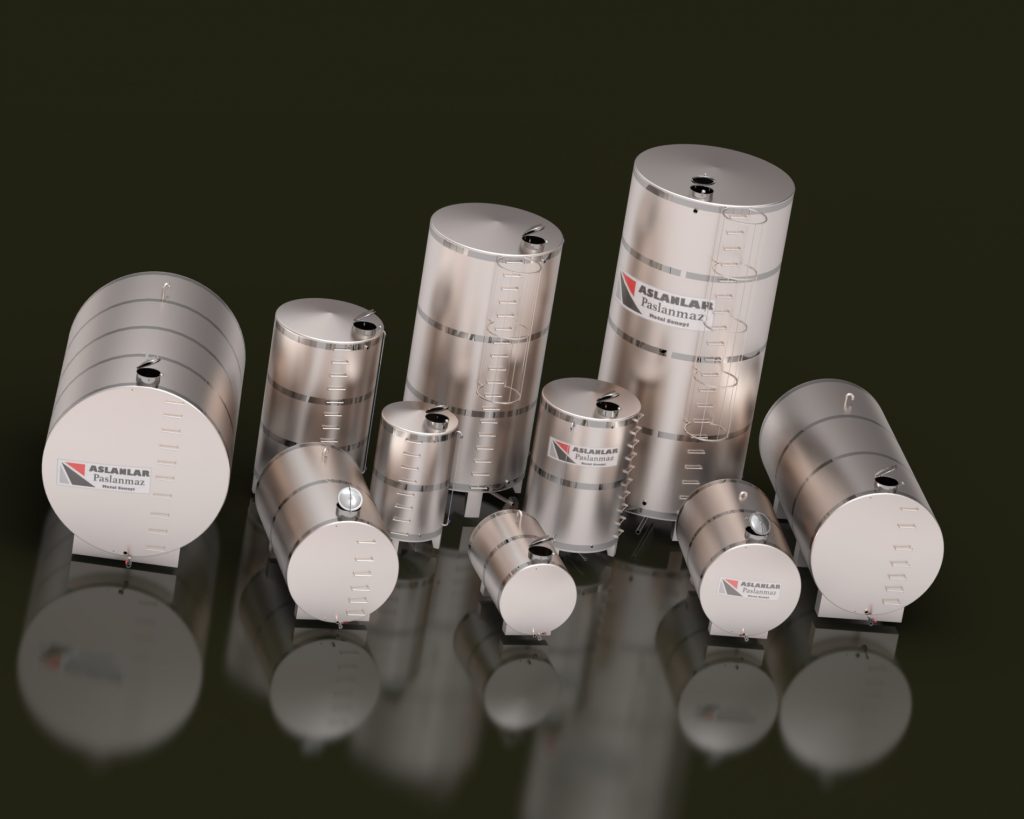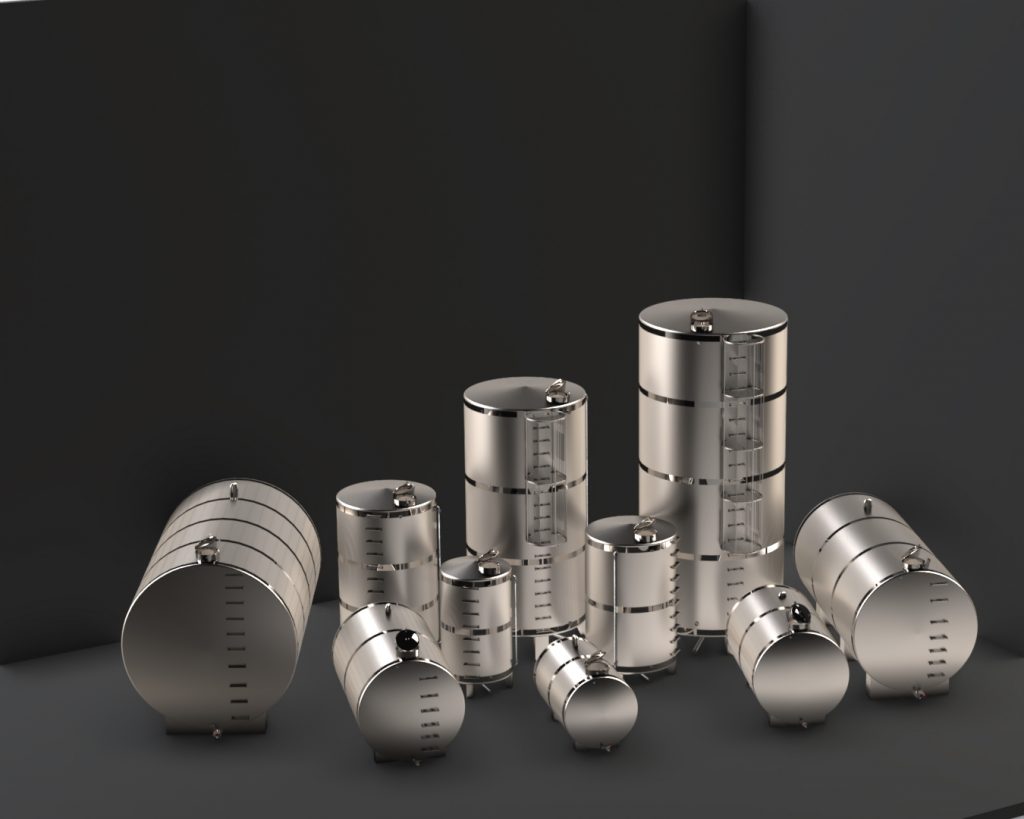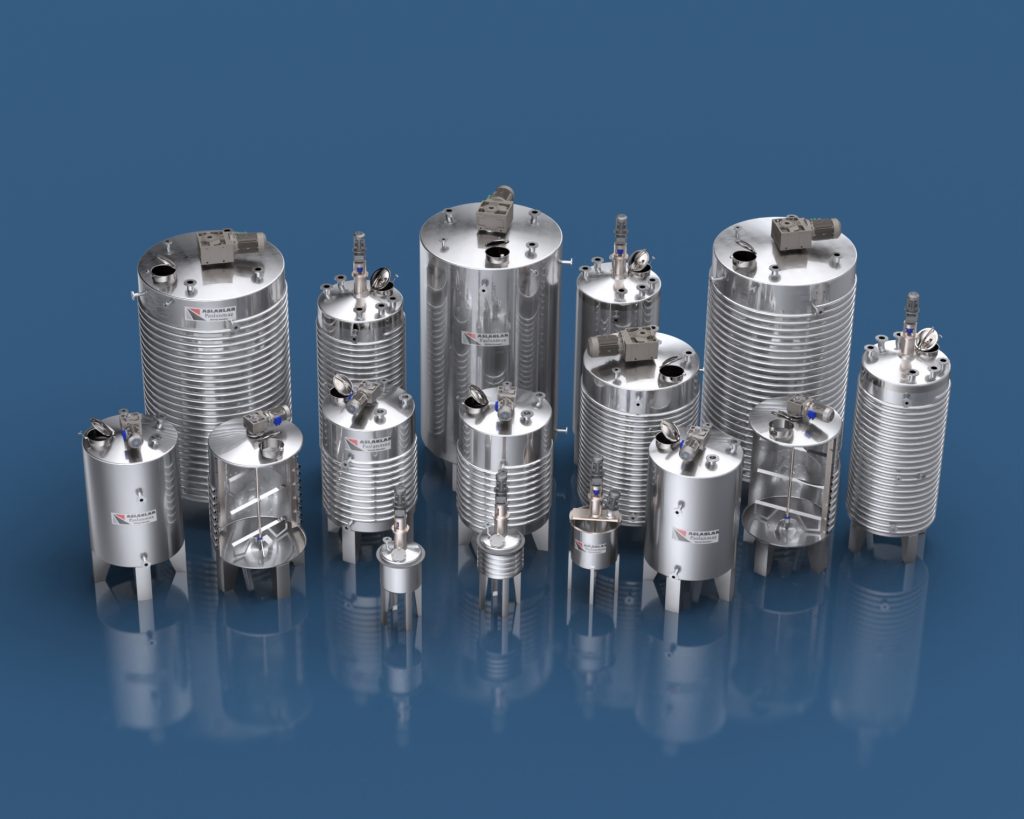Stainless Reactor for Pharmaceutical Industry: A Complete Guide Introduction to Stainless Reactors in the Pharmaceutical Industry The pharmaceutical industry relies heavily on stainless steel reactors for various processes, from drug synthesis to chemical reactions and fermentation. These reactors provide a …
Read More
Articles posted by İsmail YILDIZ

Hygienic Stainless Mixer
Hygienic Stainless Mixer: The Ultimate Guide to Sanitary Mixing Equipment Introduction to Hygienic Stainless Mixer A hygienic stainless mixer is an essential tool in industries where cleanliness and contamination control are crucial, such as food processing, pharmaceuticals, and cosmetics. Designed …
Read More

How to Clean and Maintain Stainless Water Tanks?
How to Clean and Maintain Stainless Water Tanks? Stainless steel water tanks are widely used due to their durability, resistance to corrosion, and ability to keep water clean for long periods. However, without regular cleaning and maintenance, even the best …
Read More

Why Are Stainless Water Tanks More Durable?
Why Are Stainless Water Tanks More Durable? Introduction Water storage is essential in various industries, households, and commercial establishments. Among the different tank materials available, stainless steel stands out due to its exceptional durability, resistance to corrosion, and hygienic properties. …
Read More

What to Consider When Choosing a Stainless Water Tank
What to Consider When Choosing a Stainless Water Tank Introduction to Stainless Steel Water Tanks Water storage is essential for both households and businesses. Choosing the right stainless steel water tank ensures safe and reliable water storage for years. With …
Read More
Durable and Hygienic Storage with Stainless Steel Warehouse Models
Today’s Diesel Storage Needs Modern diesel storage requires reliable and durable solutions to meet the growing demands of various industries. Stainless steel diesel tanks stand out as one of the most effective and long-lasting options for this purpose. This article …
Read More

Stainless Mixer Boilers
Durable Stainless Steel Construction Stainless mixer boilers are built with high-grade stainless steel, offering unmatched durability. Stainless steel is resistant to corrosion and rust, ensuring a longer lifespan compared to traditional materials. This makes it an ideal choice for environments …
Read More
stainless steel mixer boiler
What is a Stainless Steel Mixer Boiler? A stainless steel mixer boiler is a specialized type of boiler designed to heat and mix fluids, such as water and other liquids, effectively. These systems are particularly valuable in applications requiring precise …
Read More
Correct Storage of Olive Oil and Liquids with Stainless Oil Tanks
Introduction The correct storage of liquids, especially olive oil, plays a significant role in maintaining their flavor, quality, and longevity. Stainless steel tanks have emerged as a preferred choice due to their unmatched properties like resistance to rust, airtight seals, …
Read More
Stainless Steel Warehouse Models
Introduction to Stainless Steel Warehouses Stainless steel warehouses are facilities designed for storage, production, or distribution, constructed primarily using stainless steel. These structures leverage the material’s strength, versatility, and aesthetic appeal to provide robust solutions for various needs. Benefits of …
Read More


